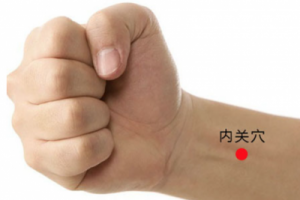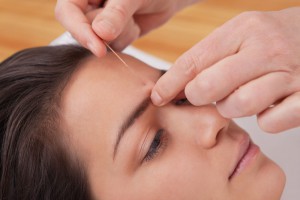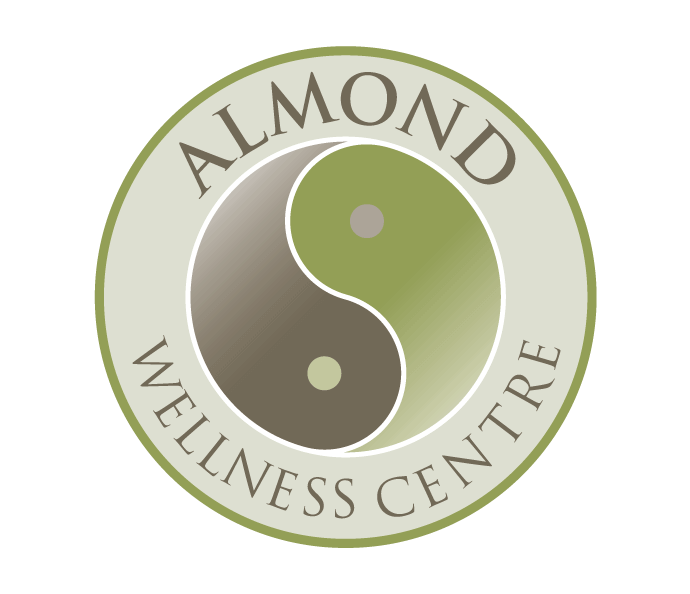What is Anxiety?
Anxiety is like your body’s built-in alarm system, designed to help you react swiftly to threats. This “fight-or-flight” response ramps up your heart rate, tenses your muscles, and floods you with energy to face danger. But when this alarm system is triggered too often or without real threats, anxiety can disrupt your daily life. In Melbourne, about 15% of adults face this common mental health challenge.
Symptoms of Anxiety
Anxiety can show up in many ways, affecting both your body and mind. Here’s how it might feel:
Physical Symptoms:
- Rapid or irregular heartbeat
- Digestive issues, like “butterflies” or diarrhea
- Sweating or feeling cold and clammy
- Headaches, dizziness, or lightheadedness
- Muscle tension and fatigue
Emotional Symptoms:
- Persistent worry or dread
- Difficulty sleeping
- Irritability and restlessness
How Acupuncture Help with Anxiety?
In Traditional Chinese Medicine (TCM), anxiety is viewed as an imbalance in the body’s energy, or Qi. Acupuncture, a key component of TCM, involves the insertion of fine needles into specific points on the body to restore balance and alleviate anxiety symptoms. By targeting these acupuncture points, the treatment can help regulate the nervous system, reduce stress, and promote a sense of calm.
Acupuncture for Anxiety, Does it Work?
Absolutely. At Almond Wellness Centre in Melbourne, we’ve seen acupuncture make a real difference in easing anxiety. Followed are 5 benefits of acupuncture for anxiety:
5 Benefits of Acupuncture for Anxiety
Acupuncture offers several key benefits for managing anxiety:
- Regulates your body’s stress response and Counters Stress Effects: Acupuncture helps the balance of chemicals and hormones in the body, including serotonin (the happiness hormone). By restoring this balance, it reduces anxiety symptoms. Acupuncture helps reverse the changes in behaviour and body chemistry caused by stress, supporting overall mental and physical health.
- Calms the Overactive Mind: Acupuncture targets a specific area in the brain that helps reduce sensitivity to stress and pain, calming the parts of the brain that cause anxiety and worries.
- Reduces Inflammation: Anxiety can cause increased inflammation and weaken the immune system. Acupuncture helps restore immune function and balance inflammation, easing anxiety-related disruptions.
- Promotes deep relaxation and reduces physical tension: Acupuncture targets a specific area in the brain that helps reduce sensitivity to stress and pain, calming the parts of the brain that cause anxiety and worries.
- Activates the Relaxation System: Acupuncture stimulates the body’s natural calming system, which helps counteract the stress responses and promotes relaxation. Consequently, boosts overall emotional well-being.
5 Common Acupuncture Points for Anxiety

Nei Guan PC6 – acupuncture point for anxiety
- Shenmen (HT7): Calms the mind and nourishes the heart.
- Yin Tang: Positioned between the eyebrows, it eases worry and anxiety.
- Neiguan (PC6): Relieves anxiety and promotes relaxation.
- Baihui (GV20): Harmonizes the mind and balances emotions.
- Sishencong (EX-HN1): Clears the mind and calms the spirit.

Yin Tang – acupuncture point for anxiety
Seeking Help at Almond Wellness Centre in Melbourne
At Almond Wellness Centre, we’ve been serving Melbourne’s Eastern and Northern suburbs for over 20 years. If anxiety is affecting your life, acupuncture could be the relief you’re seeking. Our skilled acupuncturists in Coburg clinic and Ringwood clinic are here to support you on your path to mental well-being.
References
-
- Acupuncture and electroacupuncture for anxiety disorders: A systematic review of the clinical research. Complementary Therapies in Clinical Practice. (2018).
- Acupuncture for psychiatric illness: a literature review. Behav Med. (2008 Summer: 34 (2): 55-64. doi: 10.3200/BMED.34.2.55-64.
- Acupuncture effect and central autonomic regulation. Evid Based Complement Alternat Med. 2013; 2013: 267959.

